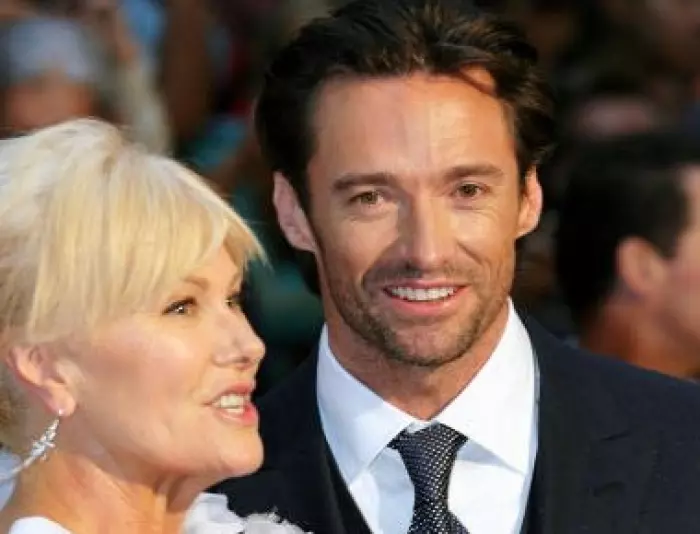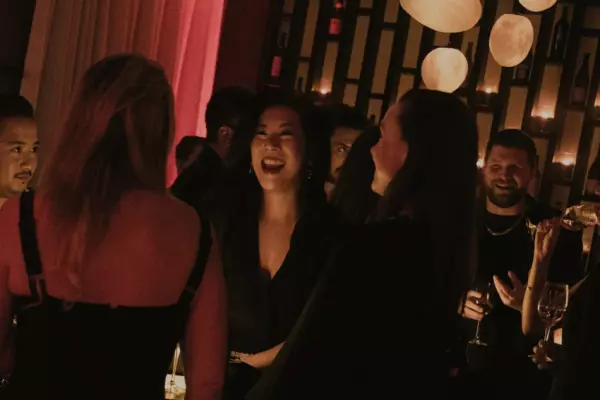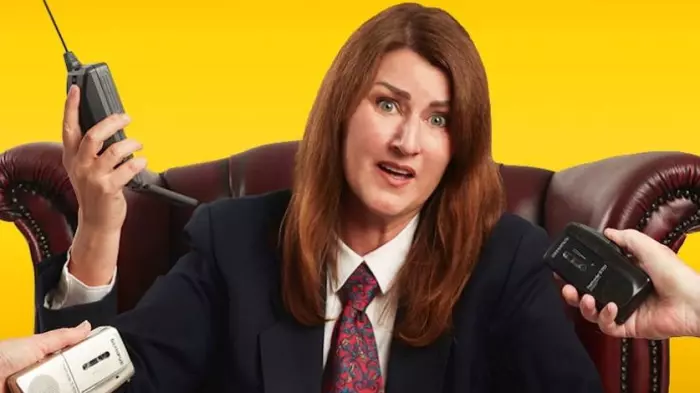By Katie Roiphe
I was walking with a friend on a hot summer day, and the subject of women dating much younger men popped up.
One of our acquaintances, a beautiful woman in her 50s, has been happily living with a man who is a decade-and-a-half younger. My usually warm friend was suddenly vitriolic.
“I just saw them at a party. She looks terrible standing next to him! He is so handsome. I just don’t get it.”
I was taken aback by her intensity. My friend is generally tolerant and an ardent feminist, but something in this pairing seemed to personally provoke her. I didn’t have the wherewithal to say, “Why do you care?”
I did, however, think of something Susan Sontag wrote in 1972: “It is thought to be a scandal for a woman to ignore that she is old and therefore too ugly for a young man.”
When a woman is with a significantly younger man she is a “cougar,” a wild, predatory cat who can break the neck of her victim with her jaws, whereas when a man is with someone significantly younger we don’t need a word for it because it is just normal life.
Does anyone even notice if a man is with a woman who is 15 or even 20 years younger?
Do we register it if we are sitting next to this couple at a dinner party?
But an elegant woman with a man that much younger is conspicuous; she piques an interest or curiosity that is not always friendly.
In our world of increasing tolerance for the variety of human tastes, it seems strange that an innocuous personal choice made by two consenting adults is still jarring to us.
People like to say our attachment to the older man/younger woman model is “biology,” but when it comes to two individuals, I think we can assume that they have worked out the reproductive issues between themselves. And of course, as a culture, we have abandoned many of the brutal imperatives of the Darwinian wild.
Not long after my conversation with my friend, I picked up Colette’s wonderful, sharp 1920 novel, Cheri, about a shrewd 49-year-old courtesan in Paris having a long affair with a vain 24-year-old man.
Even though it was written a century ago it still glitters with transgressive energy. Someone could easily set it in Brooklyn, and it would have the same frisson.
Remarkably, given how much female roles have transformed in the intervening century, the taboos Colette was playing with haven’t faded or altered in any substantial way.
Nor has the mean-spirited gossip surrounding older women like Colette’s character abated even in accepting, liberal circles.
In a 2017 interview with Le Parisien, the newly elected French president Emmanuel Macron said of his controversial relationship with his wife, “Because she is 20 years older than me, a lot of people say, ‘This relationship can’t be tenable, it can’t be possible’.”
You may notice that people who are usually very interested in policing language for unacceptable usages still use the word “cougar,” and even if they don’t use the word, they express the ideas behind it. It is one of the few sexist tropes that goes uninterrogated by those generally interested in interrogating them.
A “cougar” in the popular imagination is sexy, powerful, sleek, but the tiniest bit pathetic or desperate. People who don’t tend to traffic in dumb stereotypes are perfectly happy to traffic in this dumb stereotype. But why?
In some sense our uneasiness seems to be about looks. These relationships look wrong to us. As my friend’s reaction suggests, seeing a fresh-faced younger man with a middle-aged woman disrupts our sense of the natural order of things. It triggers some sort of conventionality even in people who aren’t particularly conventional. Nobel Prize winner Annie Ernaux writes in her new book, “The Young Man,” about being on the beach with a boyfriend 30 years younger: “Our neighbors were watching us covertly, me especially, taking in every detail of my body and assessing its state of advancement … People stared with an impudence that verged on stupefaction, as if witnessing a union that defied the order of nature.”
What may also be unsettling is the power inequities age can often bring. What if the woman is more established, more powerful, more successful? That may feel threatening or lopsided even in a world that pretends to be comfortable with female ambition.
It may also be that the sight of an older woman with a younger man exposes some of the hidden infrastructure of aging that we don’t like to think about and spend considerable effort blocking out. A woman in her 40s or 50s is supposed to magically look younger, without anyone detecting artifice or effort, and a much younger man highlights the farce and futility of this venture. The older woman is in some sense running up against the taboo of aging itself: She is daring the observer to contrast and compare. She is forcing everyone to confront the impossible race against time so many of us are engaged in.
She is also defying the imperative to fade quietly, to accept her aesthetic place, to defer to the innate hierarchies – a defiance that men, of course, engage in all the time. They have babies in their 50s and 60s. They can be haggard or fat or bald or have wrinkles, and no one questions their attractiveness or the suitability of their liaison with someone a decade younger.
Sontag reminds us that “Rules of taste enforce structures of power. The revulsion against aging in women is the cutting edge of a whole set of oppressive structures.” These structures reveal themselves in what can seem like casual gossip, in unguarded moments of judgment or excessive curiosity. These women should not be “cougars”; they should just be boringly, mundanely, going about their lives.














